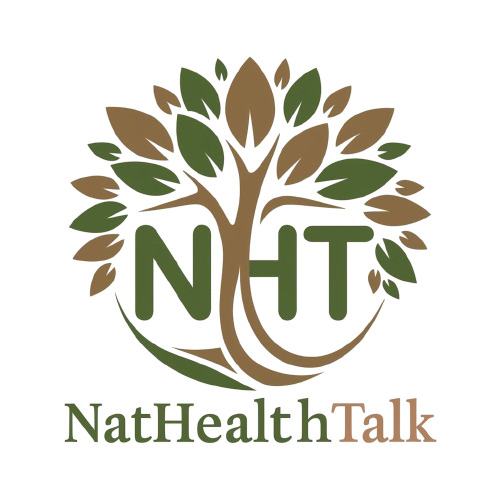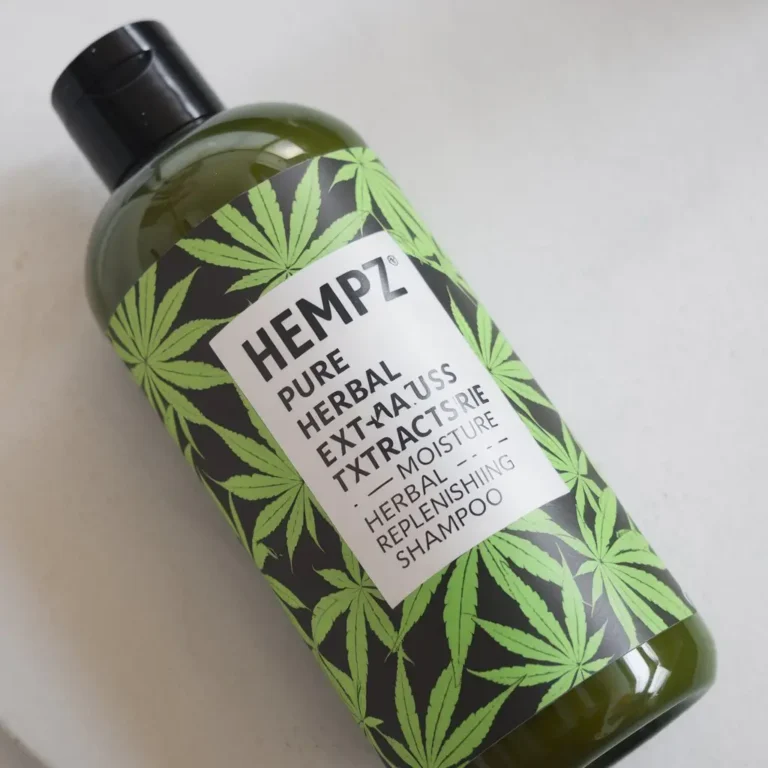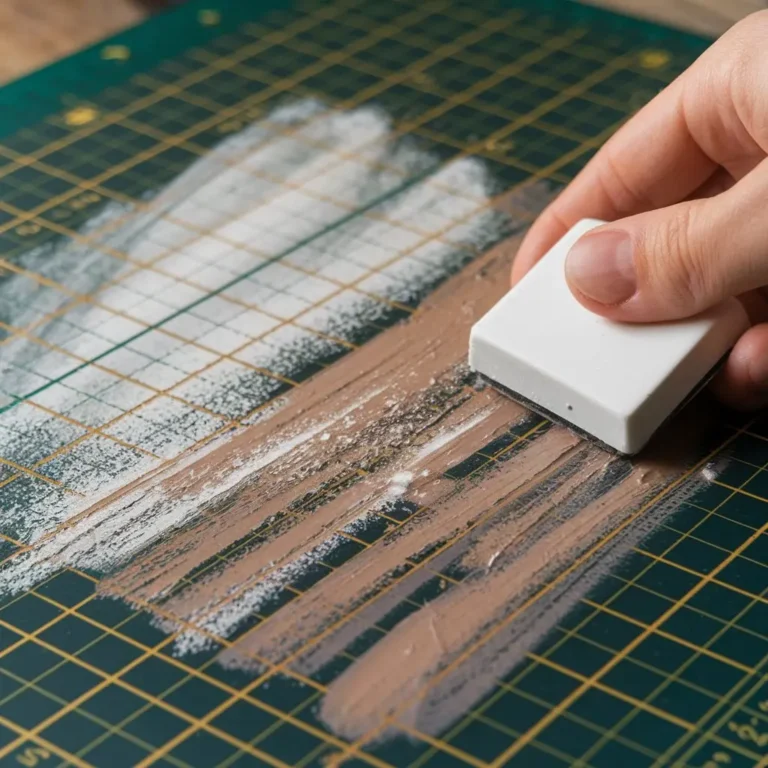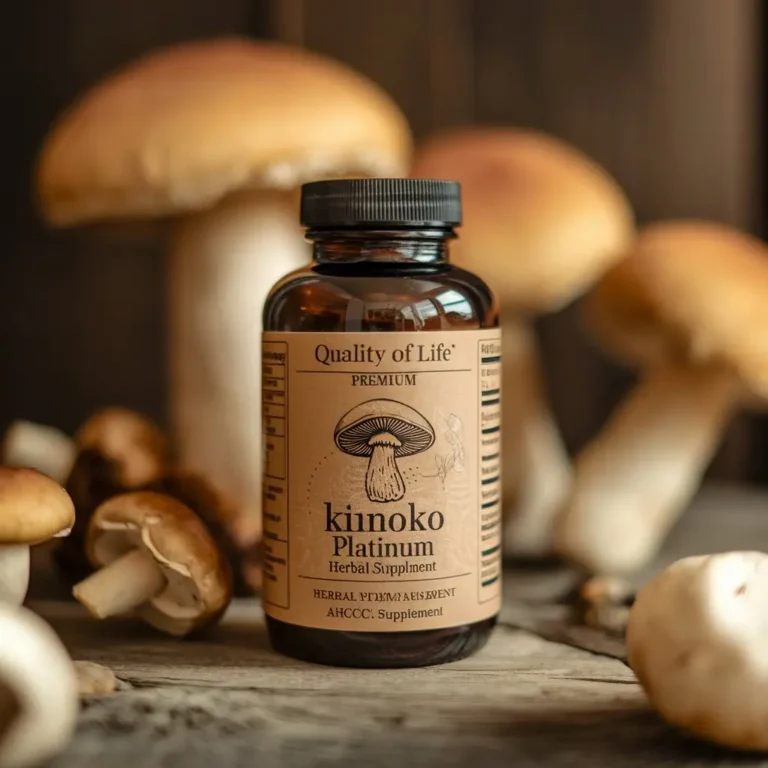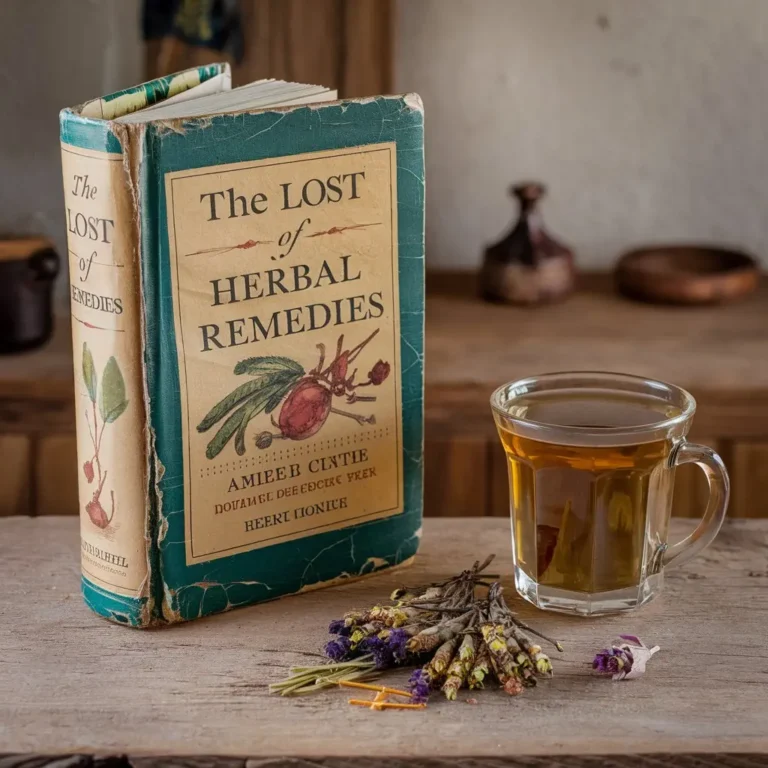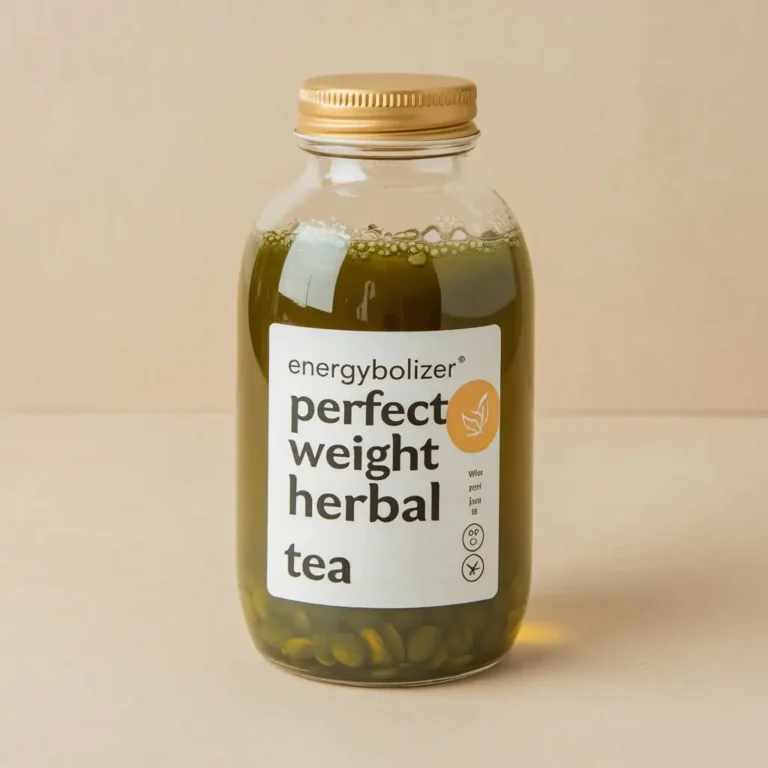How Your Diet and Lifestyle Affect Scalp Health
Your scalp is the foundation of healthy hair, and its condition can significantly impact your overall hair health. While you might often blame external factors like harsh shampoos or changing weather for scalp issues, your diet and lifestyle play an equally crucial role. What you eat and how you live can either nourish your scalp or contribute to common problems like dandruff, itchiness, and hair thinning. Let’s explore how your choices influence your scalp health and what you can do to keep it in top shape.
The Connection Between Diet and Scalp Health
Your diet provides the essential nutrients that keep your scalp healthy and your hair strong. A lack of proper nutrition can lead to scalp problems such as dryness, excessive oiliness, or even hair loss. Here’s how specific nutrients impact your scalp:
1. Proteins: The Building Blocks of Hair for dandruff and itchy scalp
Hair is primarily made of keratin, a type of protein. Without enough protein in your diet, your hair may become weak, brittle, or even stop growing. Include protein-rich foods like eggs, chicken, fish, beans, and nuts to ensure your scalp and hair get the nourishment they need.
2. Vitamins: The Scalp’s Best Friends
- Vitamin A: This vitamin helps produce sebum, the natural oil that keeps your scalp moisturized. Foods like sweet potatoes, carrots, and spinach are excellent sources.
- B Vitamins (especially Biotin): Biotin supports hair growth and prevents scalp dryness. Include whole grains, eggs, and bananas in your meals.
- Vitamin C: It boosts collagen production, which strengthens the skin and hair. Oranges, strawberries, and bell peppers are great options.
- Vitamin E: This antioxidant promotes blood circulation to the scalp. Eat nuts, seeds, and avocados for a healthy dose.
3. Iron and Zinc: Essential Minerals for Scalp Health
Iron supports red blood cells in delivering oxygen to your hair follicles, while zinc helps repair tissue and maintain oil production on your scalp. Incorporate lean meats, shellfish, spinach, and pumpkin seeds into your diet.
4. Omega-3 Fatty Acids: Hydration Heroes
Omega-3 fatty acids keep your scalp hydrated and reduce inflammation, which can lead to dandruff or irritation. You can find them in fatty fish like salmon, flaxseeds, and walnuts.
5. Hydration: The Unsung Hero
Dehydration doesn’t just affect your skin—it impacts your scalp too. Drinking enough water keeps your scalp hydrated and reduces dryness and itchiness.
Foods to Avoid for a Healthy Scalp
Just as some foods nourish your scalp, others can harm it. Here are a few to limit:
- Sugary Foods: Excess sugar can lead to increased oil production, clogging hair follicles and causing scalp issues.
- Dairy Products: For some people, dairy triggers dandruff and scalp irritation.
- Greasy and Processed Foods: These can exacerbate inflammation and reduce blood flow to the scalp, affecting hair growth.
- Alcohol: Excessive alcohol dehydrates your body, including your scalp.
How Lifestyle Affects Scalp Health
Your lifestyle habits go hand in hand with your diet in maintaining a healthy scalp. Here’s how your daily routine can influence scalp health:
1. Stress and Scalp Problems
Stress triggers hormonal imbalances that can lead to scalp issues like dandruff, psoriasis, and hair thinning. It can also cause you to scratch your scalp excessively, leading to further irritation. Manage stress with techniques like meditation, yoga, or regular exercise.
2. Sleep: The Time for Scalp Repair
Your body repairs itself during sleep, and this includes your scalp. Poor sleep can disrupt hormone levels, leading to scalp dryness or excessive oil production. Aim for 7-8 hours of quality sleep each night.
3. Exercise: Boosting Circulation
Regular physical activity improves blood circulation, delivering essential nutrients and oxygen to your scalp. Even moderate exercise, like walking or cycling, can have a positive impact on scalp health.
4. Hair Care Routine
Your hair care routine can either support or sabotage your scalp health. Avoid harsh shampoos, excessive heat styling, and tight hairstyles that put stress on your scalp. Opt for gentle, sulfate-free shampoos and massage your scalp to stimulate blood flow.
5. Smoking and Scalp Health
Smoking reduces blood flow to your scalp, depriving hair follicles of essential nutrients. It also increases oxidative stress, which can weaken hair and cause premature graying.
Practical Tips for a Healthier Scalp
Now that you understand the impact of diet and lifestyle on scalp health, here are some practical tips to implement:
1. Adopt a Balanced Diet
Focus on whole, nutrient-dense foods to nourish your scalp from within. A Mediterranean diet rich in fruits, vegetables, whole grains, lean proteins, and healthy fats is a great choice.
2. Stay Hydrated
Make it a habit to drink at least 8 glasses of water daily. If plain water feels boring, try herbal teas or water infused with fruits like lemon and cucumber.
3. Reduce Stress Levels
Incorporate stress-relief practices into your daily routine. Even a few minutes of deep breathing or stretching can make a big difference.
4. Follow a Scalp-Friendly Hair Care Routine
Wash your hair regularly with products that suit your scalp type. Avoid over-washing, as it can strip natural oils, and avoid skipping washes, which can lead to buildup.
5. Quit Smoking
If you smoke, consider quitting—not just for your overall health but for the health of your scalp and hair.
6. Protect Your Scalp from the Sun
Just like your skin, your scalp can suffer from sun damage. Wear a hat or use hair products with SPF when spending time outdoors.
Recognizing When to Seek Help
Sometimes, scalp issues persist despite a healthy diet and lifestyle. Persistent dandruff, severe itching, or hair loss might signal an underlying condition like a fungal infection, psoriasis, or hormonal imbalance. Don’t hesitate to consult a dermatologist if you notice these symptoms.
Conclusion
Your diet and lifestyle are powerful tools for maintaining a healthy scalp. By nourishing your body with the right nutrients, staying hydrated, managing stress, and adopting healthy habits, you can prevent common scalp issues and promote strong, vibrant hair. Small changes in your daily routine can make a significant difference, so start today and give your scalp the care it deserves.
